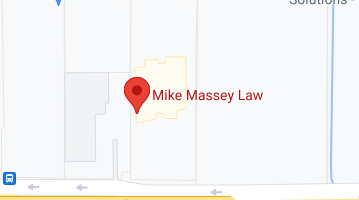Determining a trust beneficiary’s rights depends on the verbiage of trust and the extant case and statutory law in some legal jurisdiction. Generally, the trust’s language has primacy over state laws regarding the rights of beneficiaries or duties of trustees. However, in Texas, the trust code places boundaries on the extent to which the trust’s terms can deviate from the law. Here’s what you need to know about trusts and the rights of beneficiaries in Texas.
Overview of Trusts
A trust is a legal arrangement for the management of assets with three parties. The first party is the person who owns the assets, known as the settlor or trustor. The second party is the person or entity who holds and manages the assets, known as the trustee. The third party is the person or entity in whose interest the assets are managed, known as the beneficiary.
Rights of a Trust Beneficiary
The beneficiary’s rights are set in stone after the settlor passes. Before this, the trust is revocable. While a trust is revocable, the beneficiaries don’t have the right to observe the terms of the trust. Additionally, beneficiaries don’t have the right to see if the trustee is managing the assets properly until the settlor passes. Once irrevocable, the beneficiary’s rights settle.
Additionally, the rights of a beneficiary also depend on the kind of beneficiary they are. Current beneficiaries enjoy more rights than contingent or remainder beneficiaries. Both of them have the right to information about the trust, trustee, and rights and the right to ask the court to terminate the trust.
Current beneficiaries have rights beyond these. Once the trust is irrevocable, current beneficiaries have the right to ask for accounting information, such as asset-acquisition, transfers, distributions, and other transactions. Bookkeeping is generally done once a year, barring any special circumstances. Additionally, current beneficiaries can petition the court to remove the trustee if they think the trustee isn’t acting in the beneficiaries’ interests.
Lastly, current beneficiaries are entitled to asset or income distributions as per the trust’s terms. Remainder/contingent beneficiaries are entitled to the amount left after the trust is terminates (such as if all the current beneficiaries pass away).
If you’re looking for a trust or estate planning attorney in Texas, get in touch with us at Mike Massey Law. We provide trust, estate planning, and probate attorneys in Harris County, Austin, and other places throughout Texas.






